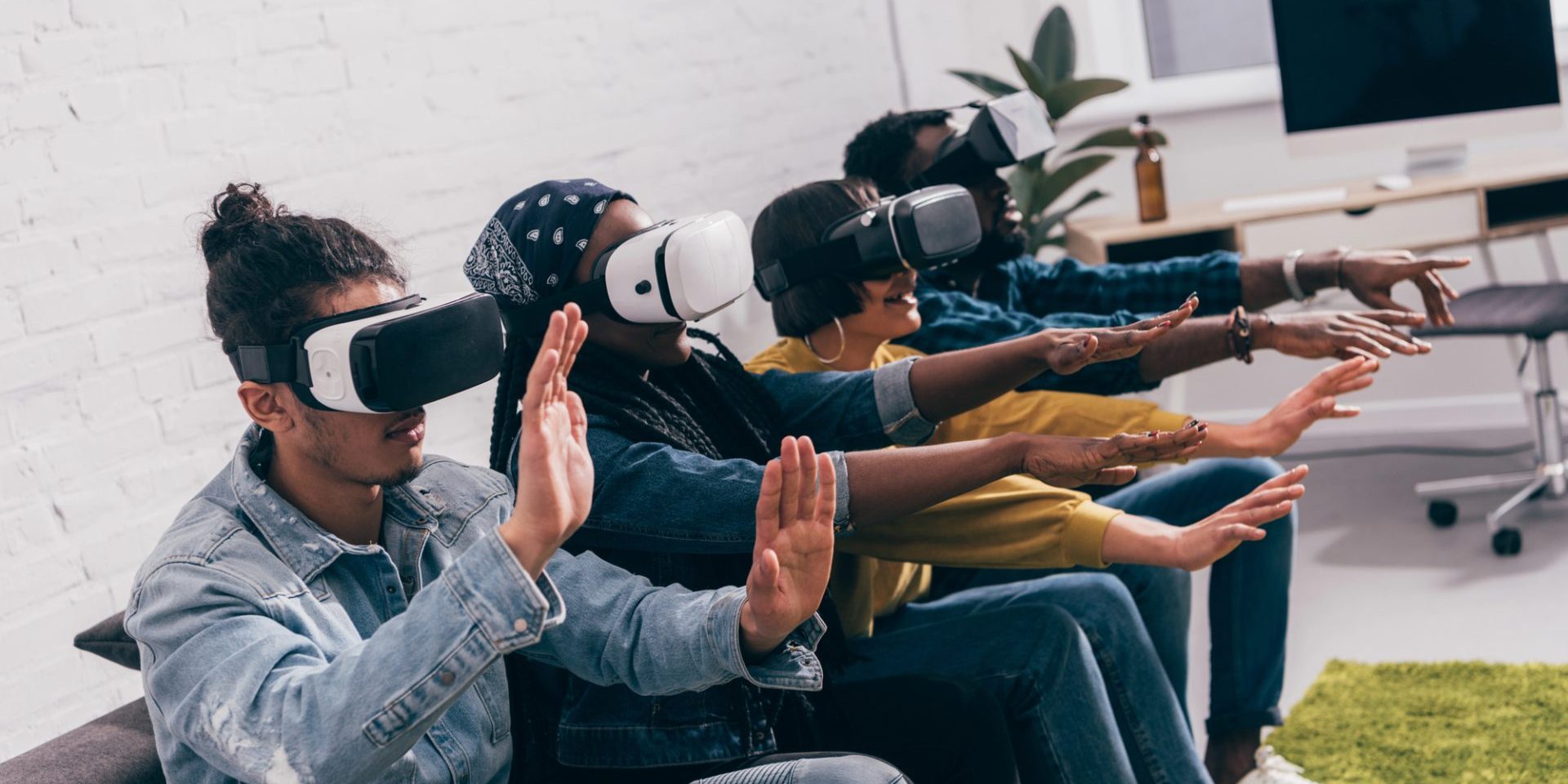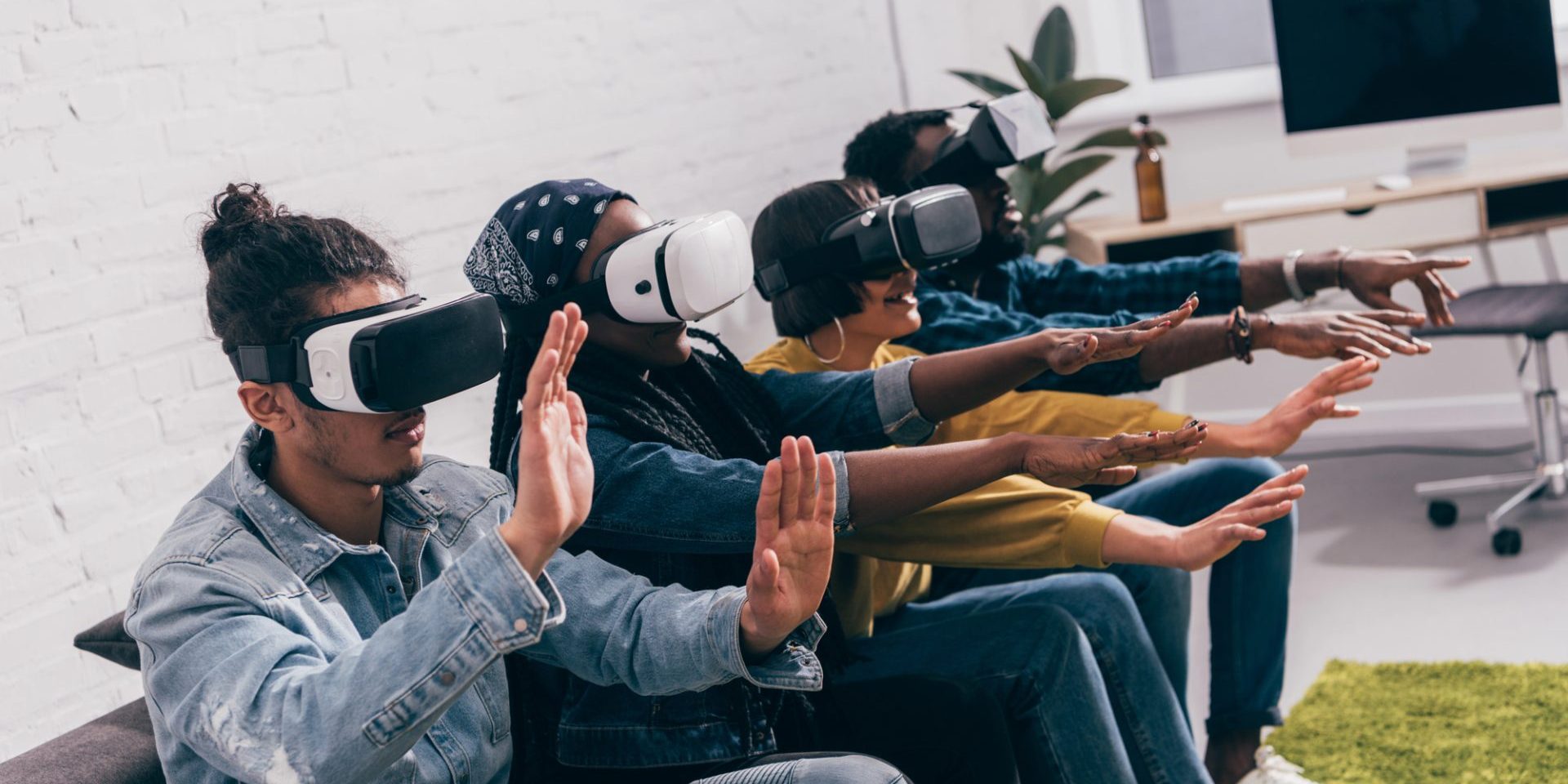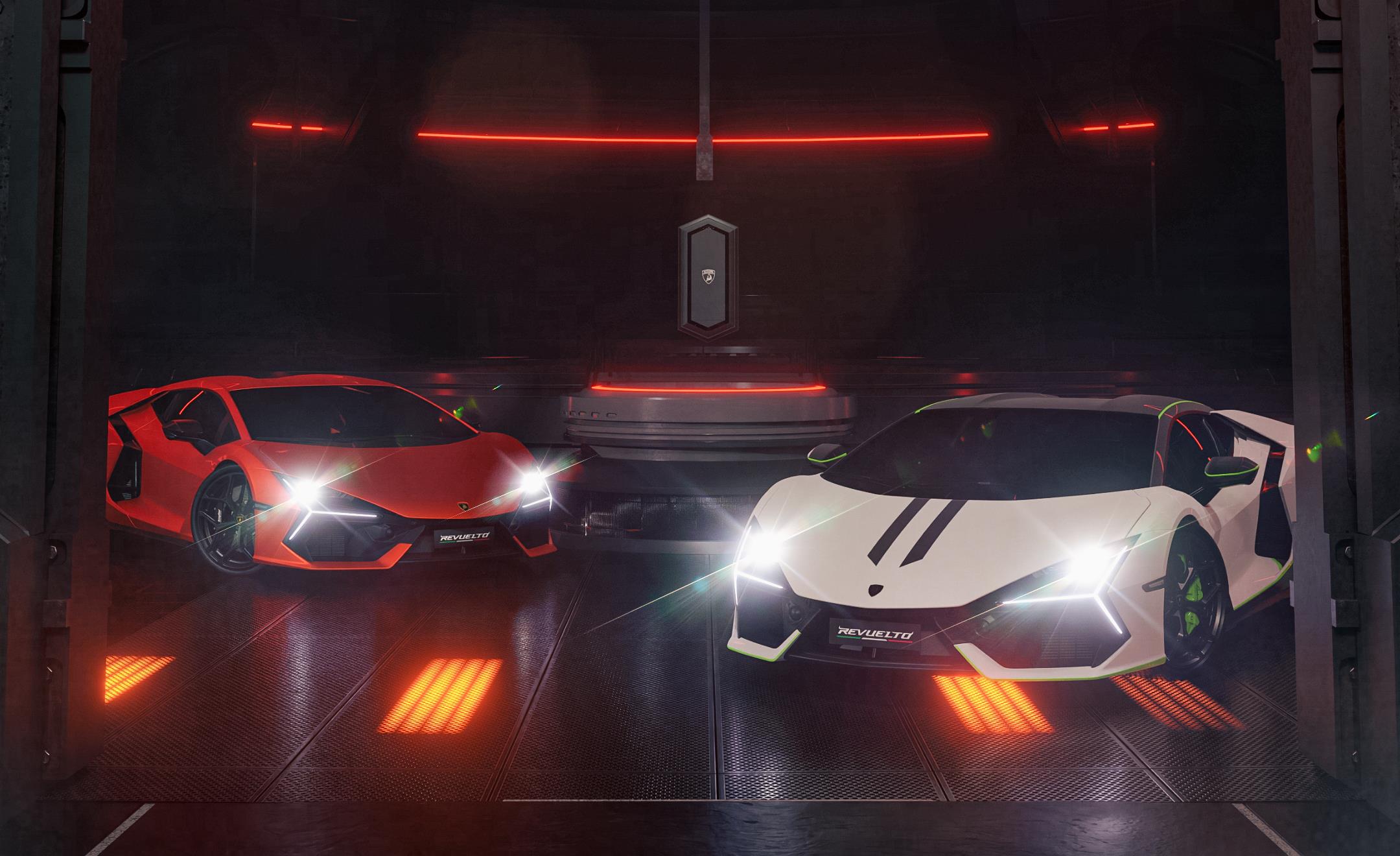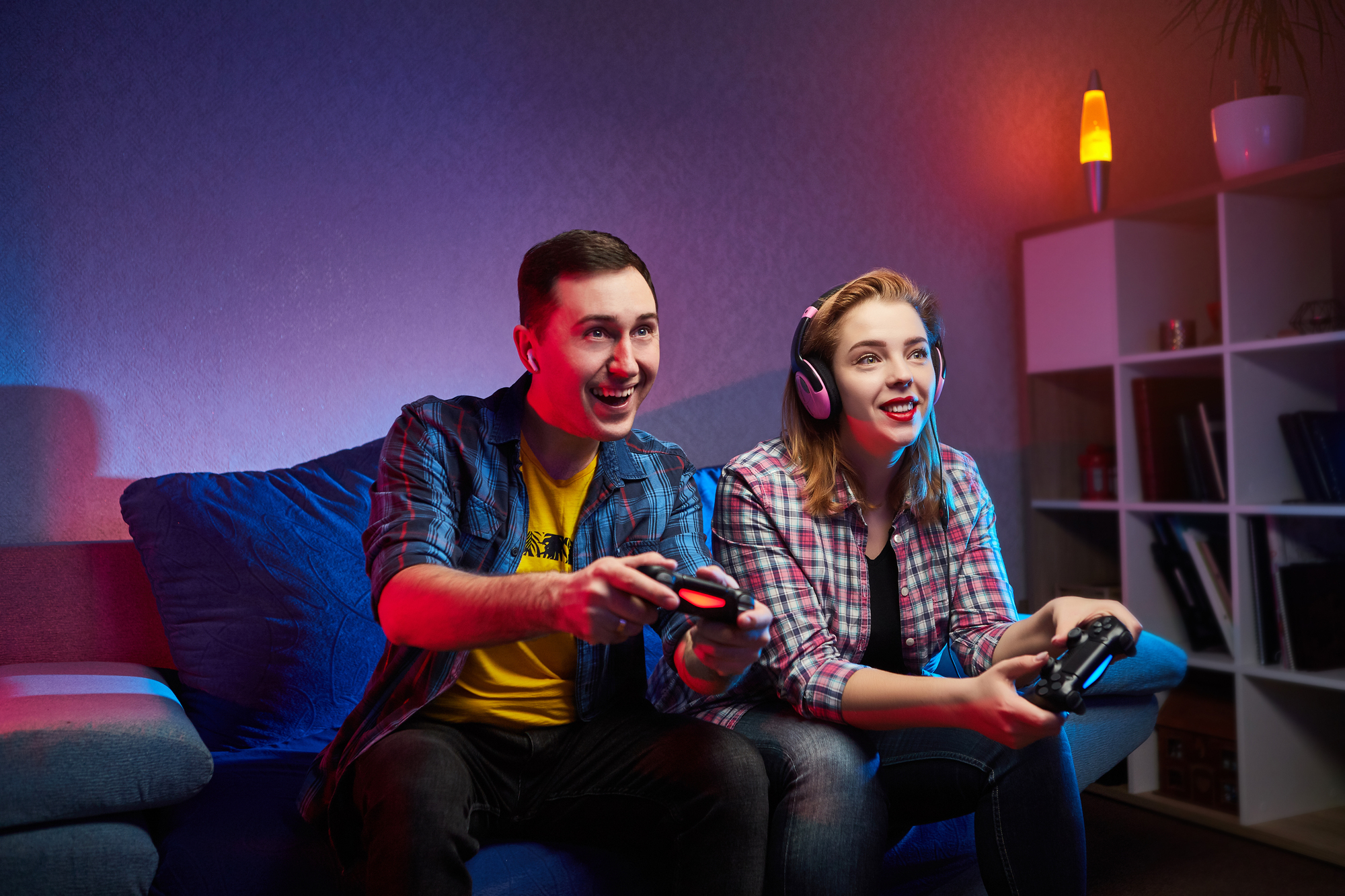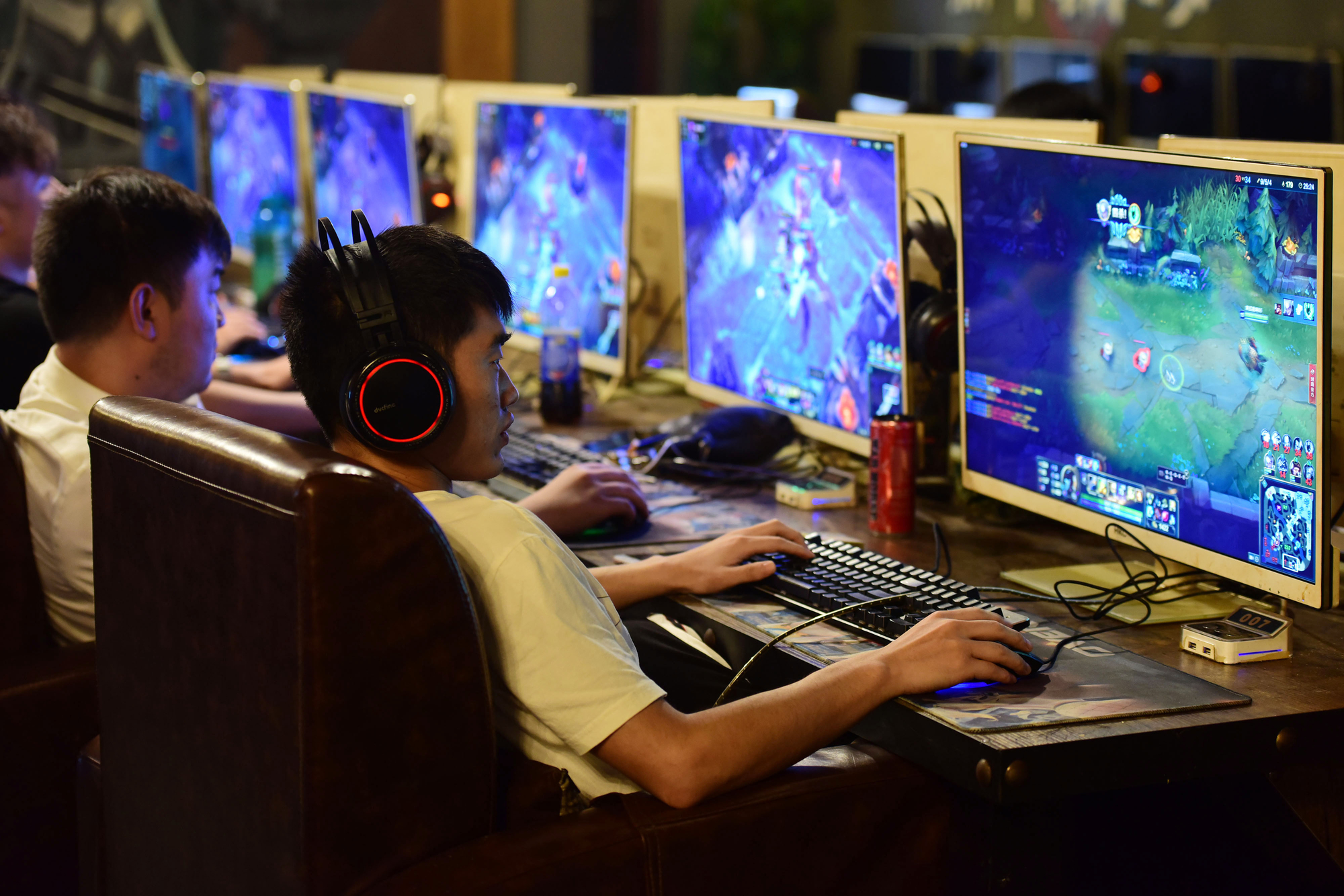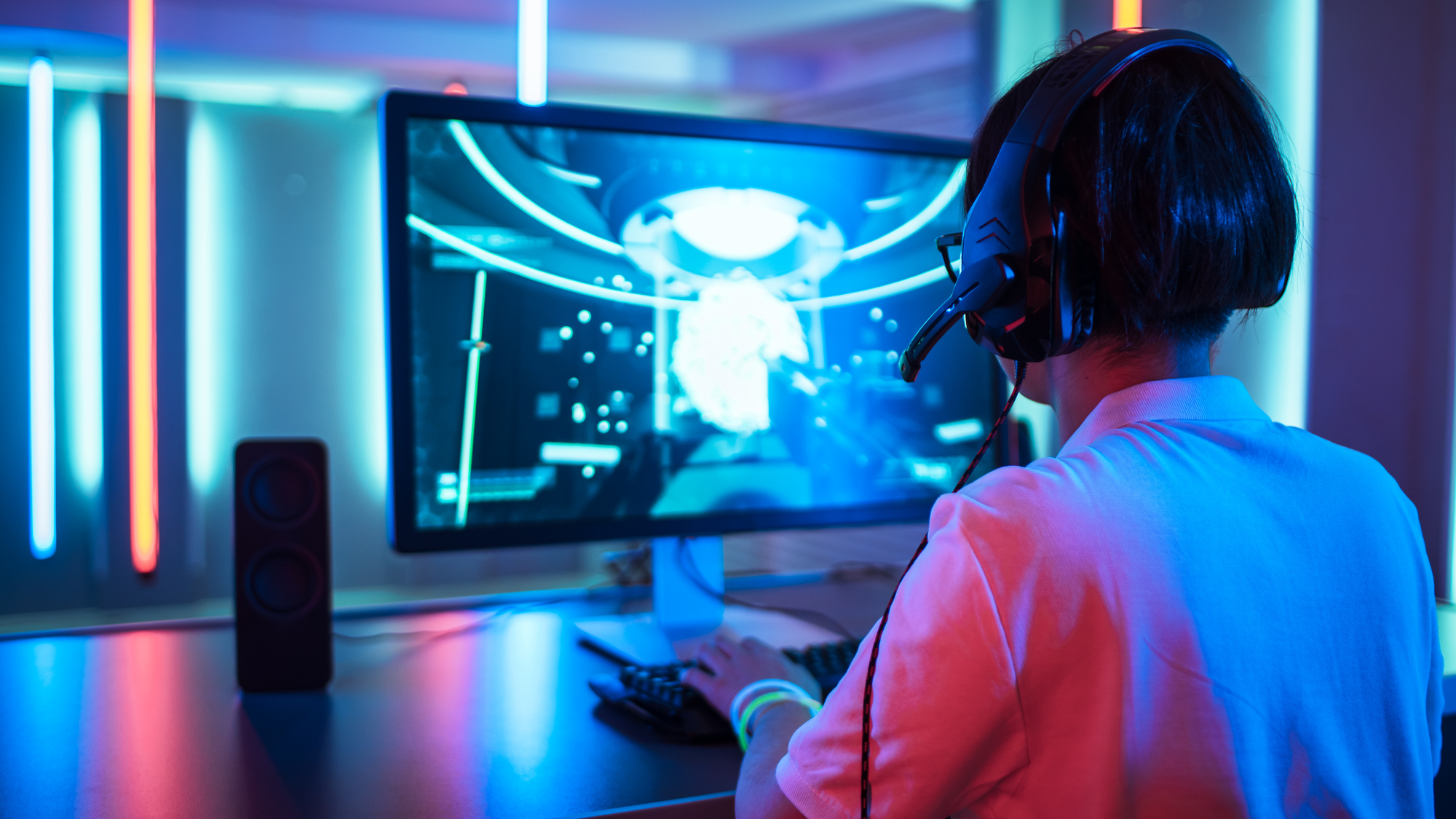AI is rapidly transforming the creative industries, with gaming at the forefront of this revolution. The integration of artificial intelligence in game development has opened up new possibilities for immersive experiences and innovative gameplay mechanics. AI technologies are enhancing game design, improving non-player character behaviour, and generating dynamic content that adapts to players’ actions.
This shift is not without controversy. Some worry that AI might replace human creativity in game development. However, many industry leaders view AI as a tool to augment rather than replace human input. YouTube’s approach, for instance, emphasises AI as a means to enhance creativity rather than supplant it.
The impact of AI extends beyond game development to the broader gaming ecosystem. AI is being used to personalise gaming experiences, optimise marketing strategies, and even assist in esports coaching. As the global video game market continues to grow, AI’s role in shaping the future of interactive entertainment becomes increasingly significant.
Evolution of AI in Gaming
Artificial intelligence has profoundly shaped video game development and player experiences over the past decades. From simple rule-based systems to sophisticated machine learning algorithms, AI continues to push the boundaries of interactive entertainment.
Historical Developments of AI in Video Games
Early video games relied on basic AI techniques to control non-player characters and provide challenges for players. Pong (1972) used simple logic to move the computer-controlled paddle. As games grew more complex, so did AI systems.
The 1990s saw significant advancements. Real-time strategy games like Command & Conquer implemented more sophisticated decision-making for computer opponents. First-person shooters such as Half-Life featured AI-controlled allies and enemies with improved pathfinding and combat behaviours.
By the 2000s, games like The Sims and Black & White incorporated goal-oriented action planning, allowing characters to make decisions based on needs and environmental factors. Open-world games pushed AI further, creating believable populations of NPCs with daily routines.
Generative AI and Procedural Content Creation
Generative AI has revolutionised game development by automating content creation. Procedural generation algorithms can produce vast game worlds, quests, and characters, reducing development time and costs.
Generative AI employs machine learning techniques to create new content based on existing data. This technology powers games like No Man’s Sky, which features an almost infinite universe of procedurally generated planets and creatures.
AI Dungeon uses natural language processing to generate interactive text adventures in real-time, adapting the story based on player input. This demonstrates the potential for AI to create dynamic, personalised narratives.
AI Tools and Game Design Workflows
Modern game development increasingly incorporates AI-powered tools to streamline production processes. These tools assist with tasks ranging from asset creation to playtesting and balancing.
Unity, a popular game engine, offers AI-driven solutions for developers. Its ML-Agents toolkit enables the creation of intelligent NPCs through reinforcement learning techniques.
AI tools also aid in game testing and optimisation. They can simulate thousands of playthroughs to identify bugs, balance issues, and areas for improvement. This data-driven approach helps developers refine gameplay mechanics and enhance player experiences.
The Game Developers Conference regularly showcases cutting-edge AI technologies, highlighting their growing importance in the industry. As AI continues to advance, it promises to reshape game development workflows and expand creative possibilities.
AI’s Influence on Creativity and Productivity
AI technologies are reshaping creative processes and boosting productivity in content creation. These tools offer new possibilities for collaboration between humans and machines, challenging traditional notions of creativity.
Enhancing the Creative Process with AI
AI tools are transforming how creative professionals approach their work. Generative AI models can produce initial concepts or drafts, giving creators a starting point to refine and expand upon. This speeds up ideation and allows for rapid prototyping.
AI-powered image and text generation tools help artists and writers explore new ideas quickly. These systems can generate variations on themes or styles, sparking fresh inspiration.
Data analysis capabilities of AI assist in identifying trends and audience preferences. This informs creative decisions and helps tailor content to specific markets or demographics.
Boosting Creativity and Productivity in Content Creation
AI dramatically accelerates content production across various media. Automated video editing tools can assemble rough cuts, saving hours of manual work. AI writing assistants help generate outlines, suggest phrasings, and check grammar, streamlining the writing process.
In graphic design, AI can automate repetitive tasks like image resizing or colour correction. This frees up designers to focus on higher-level creative decisions.
YouTube views AI as a tool to “democratise” creativity, making advanced production techniques accessible to a wider range of creators. This could lead to a surge in content volume and diversity.
AI and Human Creativity: Collaboration or Competition?
The relationship between AI and human creativity is complex. Some fear AI might replace human creators, while others see it as a powerful collaborative tool.
AI excels at generating variations and processing vast amounts of data, but it lacks human qualities like emotional depth and lived experiences. Human creators bring context, intention, and nuanced understanding to their work.
The most promising approach appears to be human-AI collaboration. Creators who learn to leverage AI tools effectively may gain a significant advantage in their fields. This hybrid approach combines AI’s speed and data processing with human creativity and judgement.
Commercial and Legal Aspects of AI
The integration of AI in gaming brings significant commercial opportunities and legal challenges. These aspects are reshaping business models and intellectual property considerations in the industry.
AI in Marketing and Subscriptions Models
AI technologies are transforming marketing strategies and subscription models in the gaming sector. Video game companies like Electronic Arts are leveraging AI to personalise player experiences and tailor marketing campaigns. This approach enhances player engagement and retention.
AI-driven analytics help companies optimise pricing strategies for digital access and premium subscriptions. By analysing player behaviour, firms can offer targeted promotions and customised subscription packages.
The Financial Times and other media outlets are exploring AI-powered content recommendations to boost digital subscriptions. This model could be adapted by game publishers to suggest new titles or in-game purchases based on player preferences.
Copyright Infringement and AI
The use of AI in game development raises complex copyright issues. AI-generated images and content may inadvertently infringe on existing copyrights, leading to legal disputes.
Companies like Microsoft and Midjourney are grappling with the legal implications of AI-created content. The lack of clear legal frameworks for AI-generated works complicates copyright protection and enforcement.
Game developers must implement safeguards to verify the originality of AI-produced assets. This includes thorough vetting processes and documentation of AI training data sources.
Industry leaders are calling for updated copyright laws to address the challenges posed by AI in creative industries. Clear guidelines on AI-generated content ownership and usage rights are essential for the gaming sector’s continued growth and innovation.
The Future of Gaming and AI Integration
AI technologies are transforming gaming experiences and industry practices. Advanced algorithms and powerful GPUs enable more immersive virtual worlds and shape new standards for game development.
Emerging Trends in AI-Driven Immersive Experiences
AI is revolutionising immersive gaming experiences. Virtual and augmented reality benefit from AI-powered graphics rendering, creating more realistic and responsive environments. AI algorithms generate dynamic game worlds that adapt to player actions, enhancing replay value.
Machine learning improves non-player character (NPC) behaviours, making them more lifelike and unpredictable. This leads to more engaging storytelling and challenging gameplay. AI also personalises gaming experiences, adjusting difficulty and content based on individual player skills and preferences.
Procedural content generation, powered by AI, allows for vast, unique game worlds. This technology can create endless variations of levels, quests, and characters, extending gameplay and reducing development costs.
The Role of AI in Shaping Industry Standards and Policies
AI is influencing gaming industry standards and policies. Game developers are adopting AI-driven tools for faster prototyping and bug detection, streamlining the development process. This shift is creating new job roles and skill requirements in the industry.
AI-powered analytics help companies like Netflix understand player behaviour, informing game design and monetisation strategies. However, this raises concerns about data privacy and fair gameplay, prompting discussions on ethical AI use in gaming.
The integration of AI in games is sparking debates about authorship and creativity. As AI contributes more to game content, questions arise about intellectual property rights and the role of human designers.
Regulatory bodies are considering new guidelines to address AI’s impact on gaming. These may cover issues such as transparency in AI-generated content, fairness in AI-driven gameplay mechanics, and protection of player data.

